News

Astronomy, ASC Tech, collaborate to classify 412,000 variable stars
A new paper from the Department of Astronomy, in collaboration with ASC Technology Services, provides uniform classification of 412,000 known variable stars (brightness as seen from Earth…
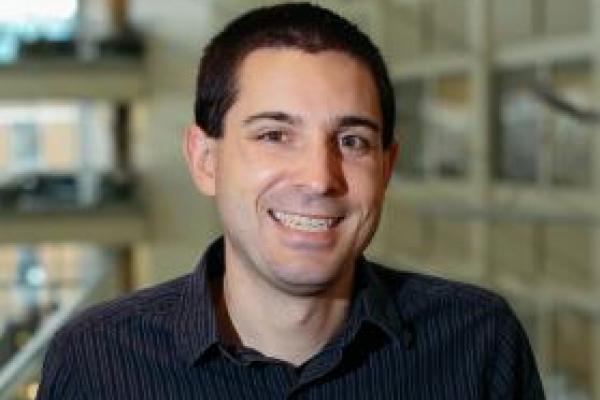
Tim Linden Awarded 2018 Michelson Postdoctoral Prize
The 2018 Michelson Postdoctoral Prize was awarded to Tim Linden for his work bridging Astrophysics and Particle Physics. He will spend the week of Oct 1 – 5 in residence in Cleveland during…
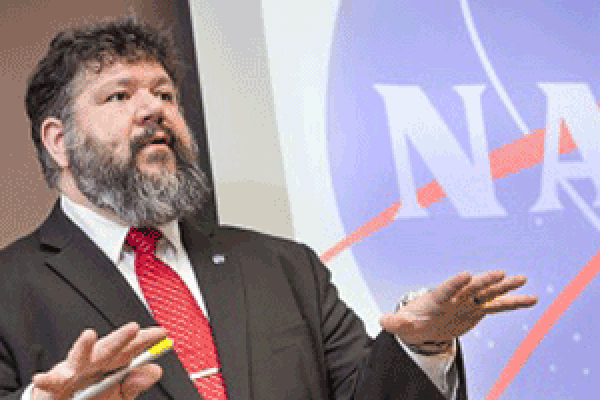
New Sci-Dome at The Works is Creating New Learning Opportunities
Inspiring people to learn through a mixture of fun and awe, is what The Works is all about. And it's latest addition is light years ahead of the rest.
The Sci-Dome Planetarium is…

Strange gamma rays from the sun may help decipher its magnetic fields
Researchers are stumped by the sun’s high-energy gamma-ray emissions, which were examined over most of the solar cycle for the first time by Ohio State astrophysicists John Beacom, …

Star-Swallowing Black Holes Reveal Secret in Exotic Light Shows
Black holes, befitting their name and general vibe, are hard to find and harder to study. You can eavesdrop on small ones from the gravitational waves that echo through space when they collide—but…
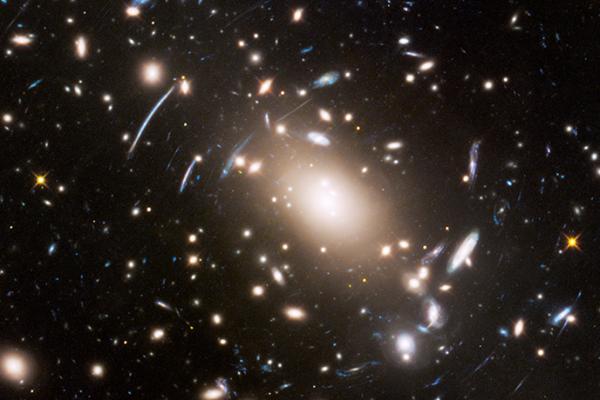
A faint glow found between galaxies could be a beacon for dark matter
Dim light emanating from the purgatory between galaxies could illuminate the most shadowy constituents of the cosmos.
Dark matter, an unidentified type of particle that interacts…
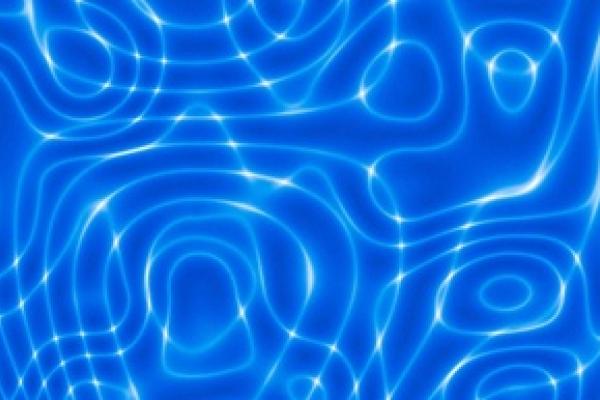
The weird mystery of dark energy
Though it dominates the universe, dark energy is the biggest discovery we don’t understand. David Weinberg, Distinguished University Professor, astronomy weighs in on revealing this…
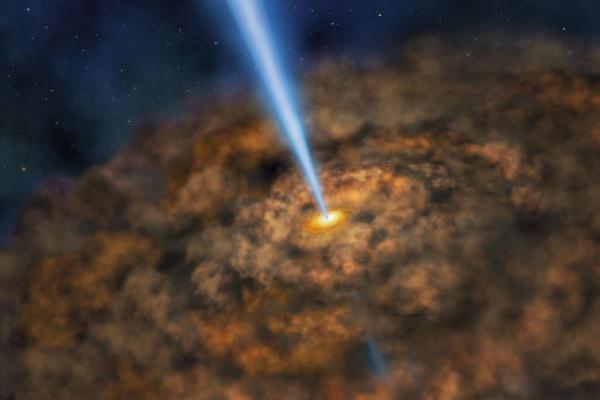
Black holes are fuzzy balls of string with an endless appetite for matter
Black holes aren’t surrounded by a burning ring of fire after all, suggests new research. A team from the Department of Physics has calculated an explanation of what would happen if an…
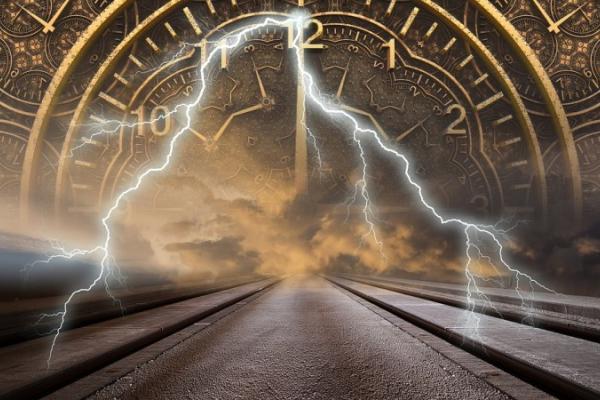
It Is Possible to Travel Through Time
Time travel is scientifically possible — "it's only a matter of going really, really fast," according to Paul Sutter, community outreach coordinator at Ohio State's Center for Cosmology and…
